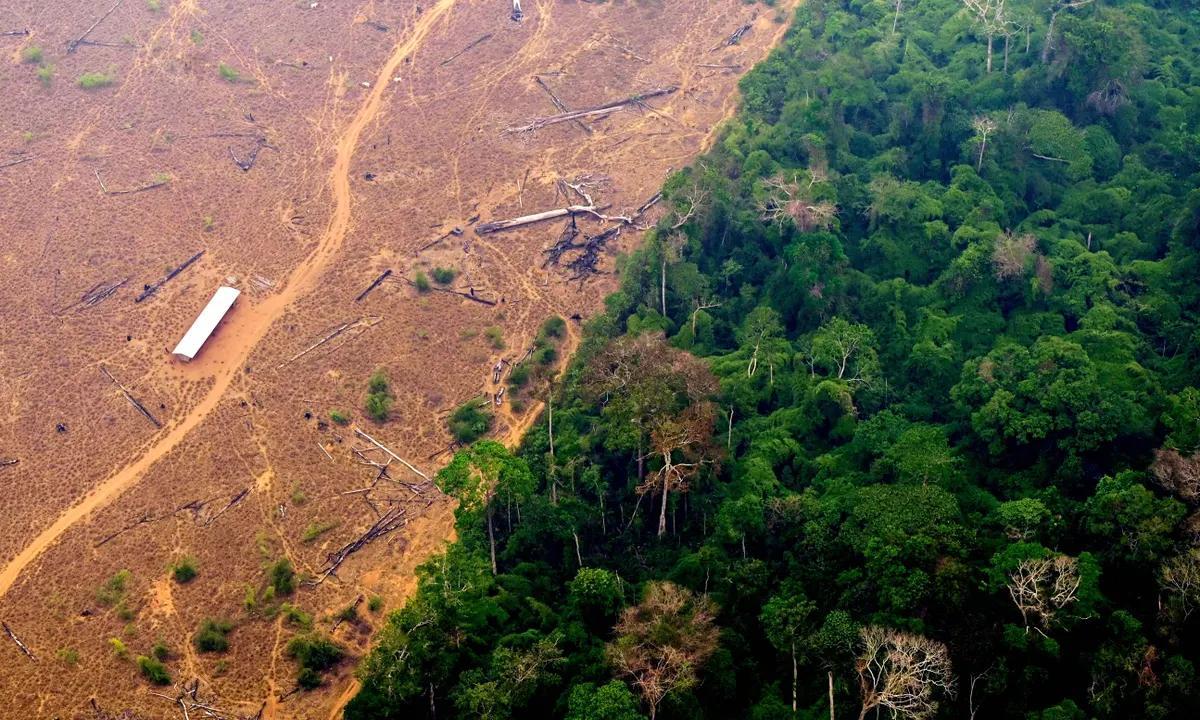Africa-Press – Ghana. African leaders achieved a diplomatic breakthrough this week by securing recognition of critical minerals in their joint climate declaration, positioning the continent as a central player in the global energy transition.
The African Leaders Addis Ababa Declaration on Climate Change and Call To Action was officially adopted at the conclusion of the Second Africa Climate Summit (ACS2), marking the first time minerals have been explicitly included in such a continental climate agreement.
The landmark inclusion signals Africa’s strategic shift from the margins to the center of global climate decision-making, according to energy policy experts. With the Addis Ababa Declaration, Africa has shown it is moving from the margins of global decision-making to the centre, offering renewable power to fuel industries, minerals to drive the energy transition.
Nafi Chinery, Africa Director at the Natural Resource Governance Institute, described the recognition as a historic moment but emphasized that implementation remains critical. “Without strong governance, the mineral boom could repeat the mistakes of the past,” Chinery warned. “African leaders must now embed minerals into their priorities for COP30 so the global climate framework helps create jobs through mineral processing and new industries.”
The continent holds vast reserves of critical minerals including cobalt, lithium, manganese, and bauxite—materials essential for renewable energy technologies and electric vehicle production. The summit focused on integrating sustainable cities and minerals as key components of Africa’s climate strategy.
Prime Minister Abiy Ahmed of Ethiopia announced the establishment of the Africa Climate Innovation Compact and the African Climate Facility at the summit’s conclusion, creating new institutional frameworks to support the continent’s climate ambitions.
The timing proves strategic as global demand for clean energy minerals continues to surge. Industry analysts project lithium demand alone could increase by 4,000 percent by 2040 as countries accelerate their transition away from fossil fuels.
Ghana exemplifies the transformation potential, with expanding lithium and manganese operations positioned to drive industrialization and job creation. The West African nation has emerged as a case study for how proper mineral governance could fuel broader economic development.
However, translating political commitments into concrete results remains the primary challenge. Developing nations want minerals production and energy access—not just fossil fuel workers—to be included in discussions on a fair low-carbon transition, reflecting broader concerns about equitable participation.
The declaration comes as Brazil prepares to host COP30 in November 2025, where African leaders are expected to advocate for frameworks ensuring fair participation in green value chains. Colombia has already announced plans to present a proposal for a new critical minerals pact at COP30, suggesting growing international momentum around mineral governance.
Regional experts stress that success depends on learning from past resource booms that enriched few while leaving communities behind. The minerals recognition represents an opportunity to chart a different course—one prioritizing shared prosperity over extraction-based development.
The summit included a high-level dialogue titled “Towards an African Position on Critical Green Minerals Diplomacy”, indicating the continent’s intention to develop coordinated negotiating strategies for international forums.
The declaration’s adoption reflects Africa’s growing diplomatic sophistication in international climate negotiations. The continent has successfully elevated its voice in discussions that will shape the global energy transition for decades to come, potentially providing leverage to negotiate better terms for their mineral wealth.
As the global community moves toward COP30, the African position on minerals could prove decisive in determining whether the energy transition creates new forms of resource dependency or genuine partnerships for sustainable development.
For More News And Analysis About Ghana Follow Africa-Press







